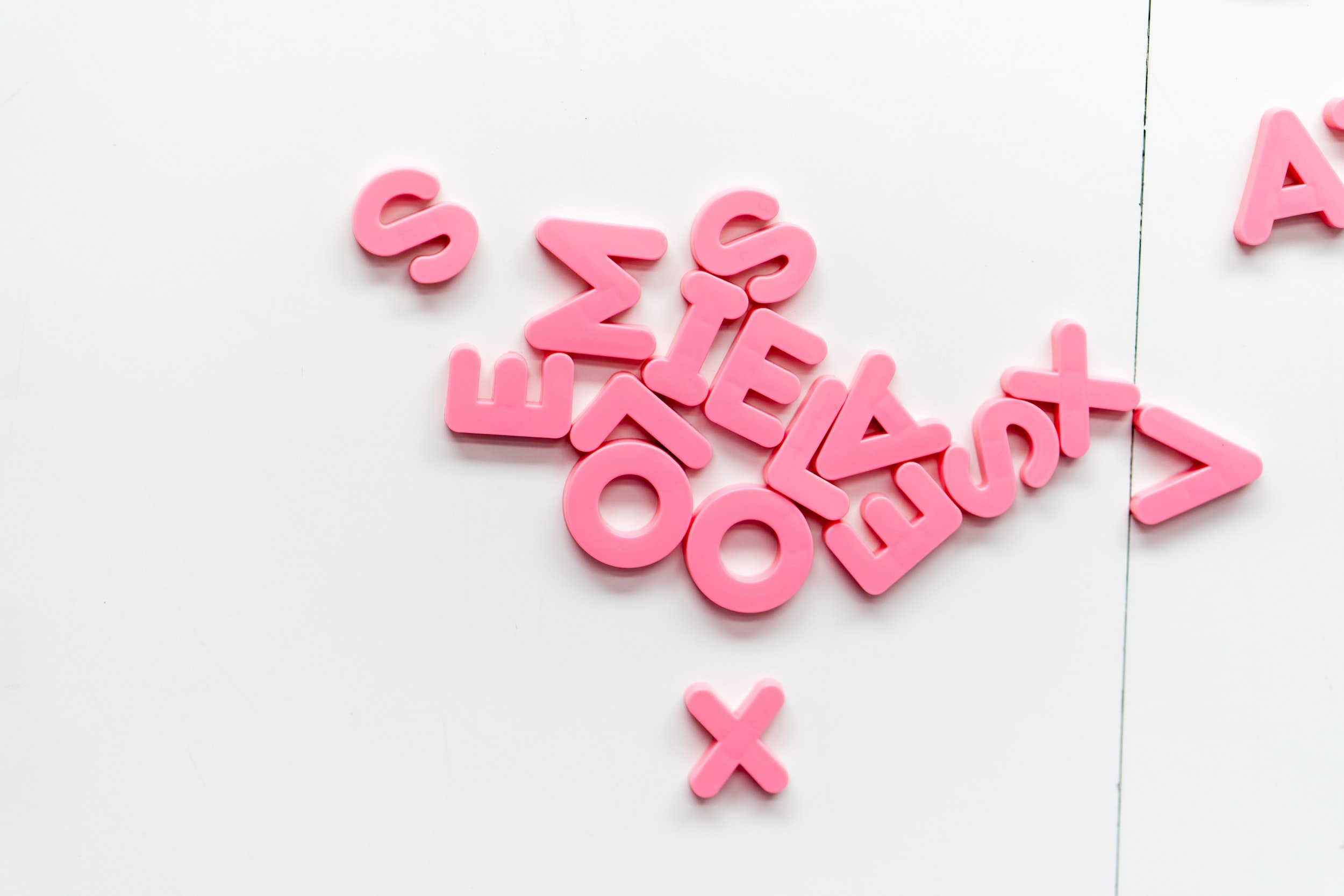The Most Common Vowel in English
What is the most common vowel in English? The first options that come to mind may be “a”, “e”, or even “i”. However, the most common vowel in English does not have a specific written letter associated with it.
The most common vowel in English is called a “schwa”. It is written in the IPA* as /ə/ but for ease of typing I will write it as /UH/. To pronounce the /UH/, place your tongue in the very center of your mouth. Your lips should be relaxed and not rounded and your jaw should be relaxed and open (but not as open as /AE/ or /AH/).
This common vowel /UH/ is also the most difficult for learners of English to master because of its unpredictability. It can be represented by any number of letters in written English. Its existence is almost entirely a product of rhythm. Let’s look at an example:
“consistent”
Transcription: /kuhn SIHS tuhnt/ (IPA: kənˈsɪstənt)
We can find two schwas in this word, represented by an “o” in the first syllable and an “e” in the last syllable. Why are these two vowels pronounced as schwas? If we analyze the stress pattern in this word, we find that the second syllable has the primary stress. See my lesson on word stress for a review. It is pronounced with louder volume, longer duration, and higher pitch than the rest of the syllables in the word.
In English, the more stressed syllables are pronounced with full, distinct vowels while the unstressed syllables are rushed and the vowels are often (but not always) reduced and transformed into the schwa /UH/.
Finding and identifying this vowel in words will help you with rhythm, pacing, and will help you become more easily understood. Get started by making a list of common words and terminology you use at work. Look up the words in an online dictionary like Merriam-Webster to identify the stress and listen to an audio recording. In this Merriam-Webster dictionary, primary stress is indicated by the /ˈ/ symbol just before, and the schwas are written using the IPA /ə/.
A note on practice:
Rhythm is not a topic that you will master in one week like you would with other topics like /TH/. It will take many months of dedicated practice to improve rhythm. Start by targeting the words and phrases you commonly use each day. Transcribe how to correctly say them and record yourself, listening and making corrections where needed.
*IPA is the International Phonetic Alphabet
Written by Sarah Sherer, PhD

